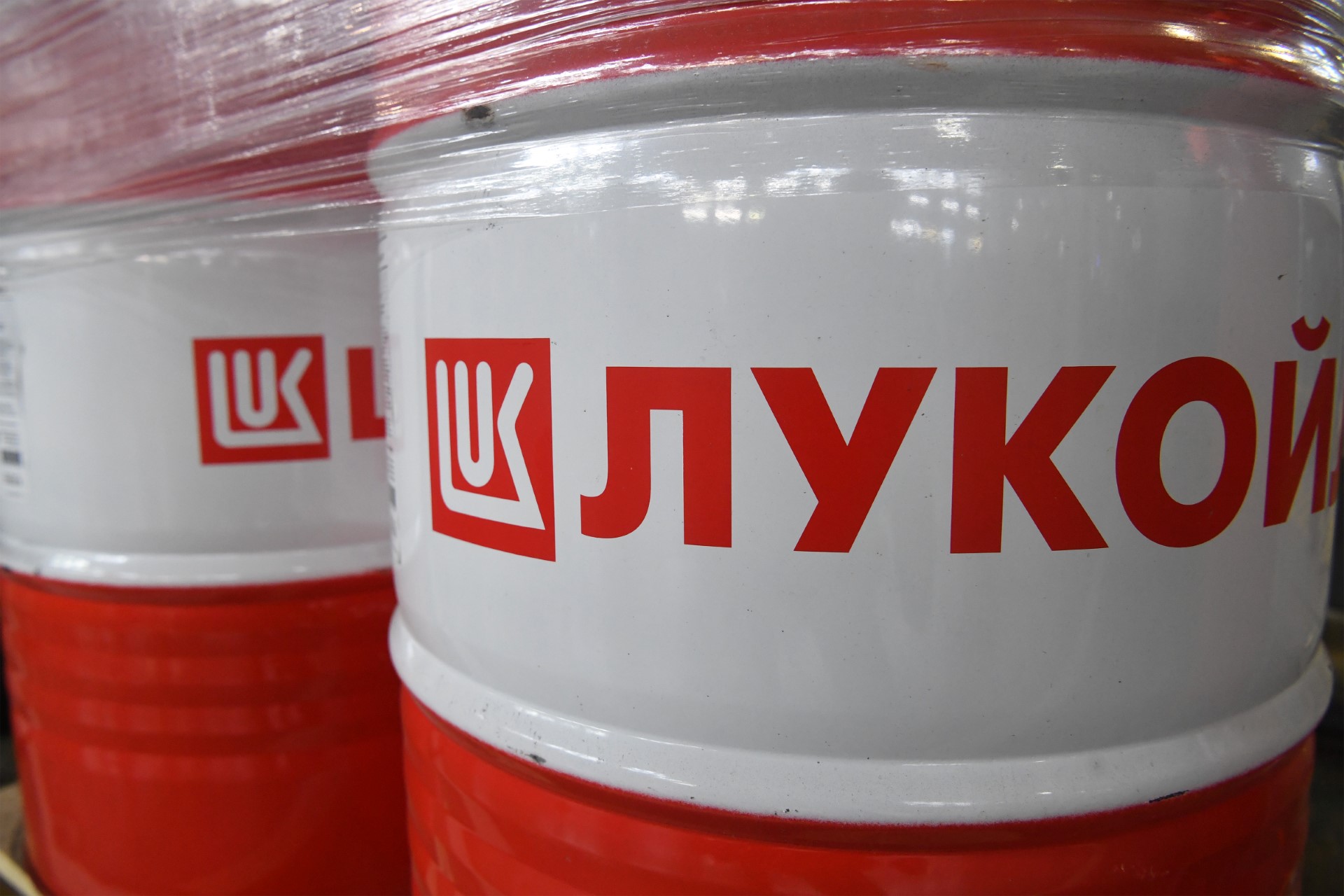
403
Sorry!!
Error! We're sorry, but the page you were looking for doesn't exist.
US interduces its harshest sanctions to date on Russia’s oil, gas sector
(MENAFN) The United States has introduced its harshest sanctions to date on Russia’s oil and gas sector, part of a broader strategy aimed at strengthening Ukraine’s position in the ongoing conflict and influencing future peace negotiations under the Trump administration. According to a Reuters report from January 10, 2025, these sanctions are designed to intensify pressure on Russia’s war machine. Despite previous sanctions imposed in late 2022 and early 2023 on Russian oil and refined products, which Russia managed to circumvent with help from Asian partners and its own shadow fleet, the new sanctions target every stage of Russia’s oil production and distribution process, including producers, brokers, tankers, and ports. A senior Biden administration official described these as “the most significant sanctions yet” against Russia’s energy sector, the Kremlin’s main source of revenue for its military operations.
The sanctions have specifically targeted major state-owned companies like Gazprom Neft and Surgutneftegaz, which together exported about 970,000 barrels of oil daily by sea in the first ten months of 2024. The sanctions also affect key entities involved in insuring and transporting Russian oil, such as the Ingustrach Insurance Company, and firms connected to LNG production and Russia’s steel industry. Additionally, 183 tankers from Russia’s shadow fleet have been sanctioned, adding to the 135 tankers already blacklisted by the EU, UK, and U.S., which has led to their suspension. In December 2023, the U.S. Office of Foreign Assets Control (OFAC) adopted a more stringent approach, targeting companies, banks, and ships engaged with Russia, further restricting access to Chinese and Indian ports for more than 40 Russian tankers. Despite these pressures, Gazprom has dismissed the sanctions as “unjustified and illegitimate” and vowed to continue operations.
The sanctions are expected to intensify Russia’s economic strain, exacerbating inflation and slowing economic growth. Russia’s central bank has projected a significant slowdown in growth, with consumption declining due to stagnant real incomes. The U.S. hopes these sanctions, combined with new military aid to Ukraine, will give Kiev significant leverage in upcoming negotiations. White House officials have stressed that the new sanctions will force Russian President Vladimir Putin to the negotiating table, and the Biden administration’s policy of providing enough support to prevent Ukraine from losing, but not enough to win decisively, is aimed at avoiding the escalation of the conflict into a broader war.
The sanctions have specifically targeted major state-owned companies like Gazprom Neft and Surgutneftegaz, which together exported about 970,000 barrels of oil daily by sea in the first ten months of 2024. The sanctions also affect key entities involved in insuring and transporting Russian oil, such as the Ingustrach Insurance Company, and firms connected to LNG production and Russia’s steel industry. Additionally, 183 tankers from Russia’s shadow fleet have been sanctioned, adding to the 135 tankers already blacklisted by the EU, UK, and U.S., which has led to their suspension. In December 2023, the U.S. Office of Foreign Assets Control (OFAC) adopted a more stringent approach, targeting companies, banks, and ships engaged with Russia, further restricting access to Chinese and Indian ports for more than 40 Russian tankers. Despite these pressures, Gazprom has dismissed the sanctions as “unjustified and illegitimate” and vowed to continue operations.
The sanctions are expected to intensify Russia’s economic strain, exacerbating inflation and slowing economic growth. Russia’s central bank has projected a significant slowdown in growth, with consumption declining due to stagnant real incomes. The U.S. hopes these sanctions, combined with new military aid to Ukraine, will give Kiev significant leverage in upcoming negotiations. White House officials have stressed that the new sanctions will force Russian President Vladimir Putin to the negotiating table, and the Biden administration’s policy of providing enough support to prevent Ukraine from losing, but not enough to win decisively, is aimed at avoiding the escalation of the conflict into a broader war.

Legal Disclaimer:
MENAFN provides the
information “as is” without warranty of any kind. We do not accept
any responsibility or liability for the accuracy, content, images,
videos, licenses, completeness, legality, or reliability of the information
contained in this article. If you have any complaints or copyright
issues related to this article, kindly contact the provider above.

















Comments
No comment